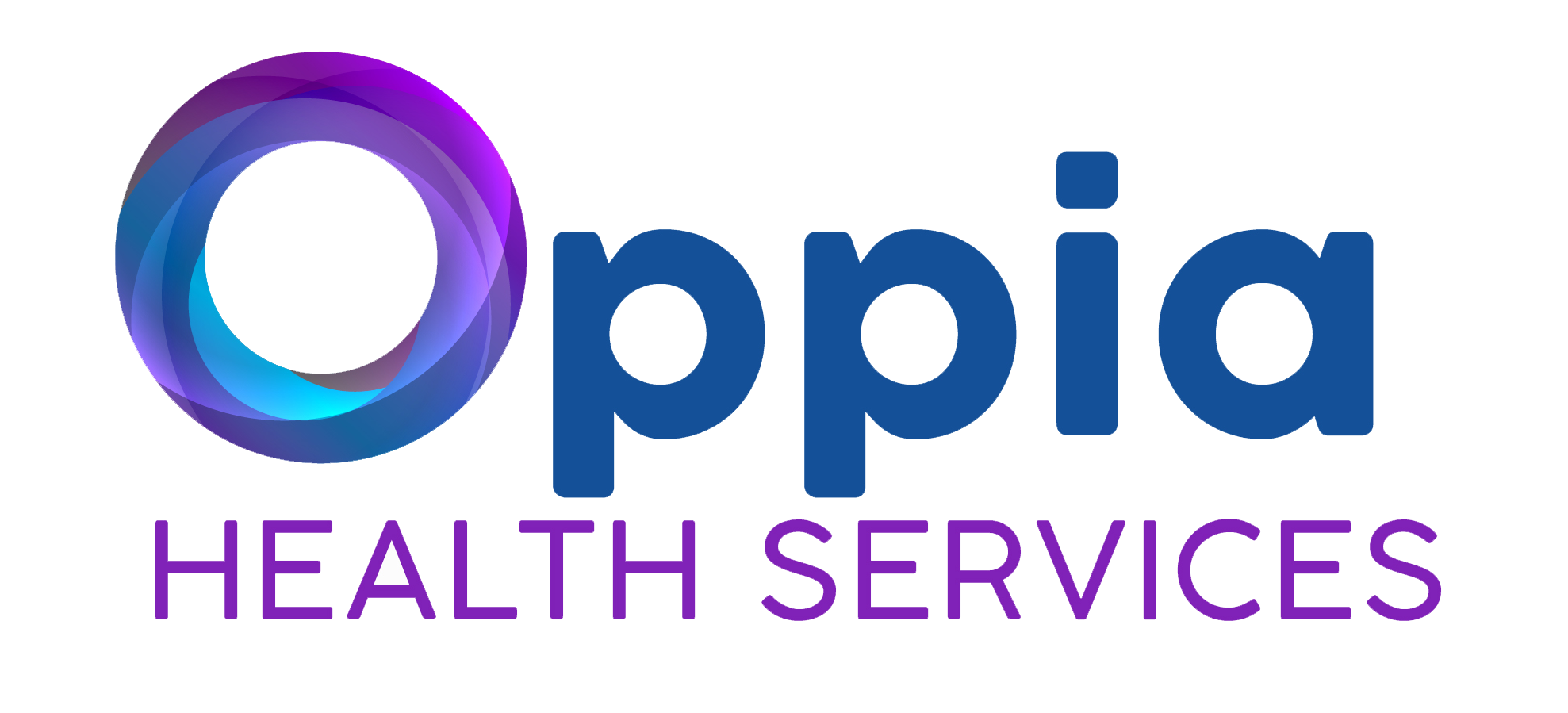- Forging Ahead: Nigeria Secures Landmark $7 Billion Investment, Delivering Crucial economic news and Paving the Way for Accelerated Development.
- The Sectors Receiving Investment
- Impact on Employment and Human Capital
- Investing in Agricultural Modernization
- Strengthening Manufacturing Capabilities
- Technology and Digital Transformation
- Developing a Robust Digital Infrastructure
- Fostering Innovation and Entrepreneurship
- Addressing Infrastructure Deficits
Forging Ahead: Nigeria Secures Landmark $7 Billion Investment, Delivering Crucial economic news and Paving the Way for Accelerated Development.
The landscape of African economics is constantly shifting, and recent developments in Nigeria represent a significant turning point. A substantial influx of capital, amounting to $7 billion, has been secured, signaling renewed international confidence in the nation’s potential. This influx isn’t merely a financial transaction; it’s a vote of confidence, a beacon illuminating a path toward sustainable development, and vitally important economic news for the region and globally. The investment is expected to invigorate key sectors, create employment opportunities, and contribute to a more stable economic future for Nigeria.
This considerable investment arrives at a pivotal moment, news as Nigeria navigates a complex interplay of economic challenges and opportunities. While the nation boasts a large population and abundant natural resources, it has historically faced hurdles in infrastructure development, diversification of the economy, and governance. This new wave of capital aims to directly address these longstanding issues, offering a catalyst for transformative change. It is a testament to the efforts being made to improve the investment climate and foster long-term growth.
The Sectors Receiving Investment
The $7 billion investment isn’t concentrated in a single area; rather, it’s strategically allocated across several key sectors poised for growth. A significant portion will be directed towards infrastructure projects, including the development of modern transportation networks, power generation facilities, and digital infrastructure. Improvements to these systems are critical for reducing logistical bottlenecks, lowering the cost of doing business, and attracting further foreign investment. This investment intends to unravel some of the complex circumstances Nigeria faces.
| Infrastructure | 2.5 |
| Agriculture | 1.8 |
| Manufacturing | 1.2 |
| Technology & Digital | 1.5 |
Impact on Employment and Human Capital
Beyond infrastructure, a considerable portion of the investment will stimulate employment, particularly in the agricultural and manufacturing sectors. Upgrading agricultural practices and expanding manufacturing capacity will generate thousands of new jobs, providing economic opportunities for a growing population. Moreover, a focus on skills development and vocational training is expected to enhance the nation’s human capital, preparing the workforce for the demands of a modernizing economy. This represents a crucial shift towards a more sustainable and inclusive economic model.
Investing in Agricultural Modernization
Nigeria’s agricultural sector possesses immense potential, but has long been hindered by outdated farming techniques, limited access to finance, and inadequate infrastructure. This new investment will specifically target the modernization of agricultural practices, including the introduction of high-yield seeds, irrigation systems, and improved storage facilities. Emphasis will also be placed on supporting smallholder farmers, providing them with access to credit, training, and market linkages. Such measures are anticipated to significantly increase agricultural productivity and food security. This subsequently lowers the price of food, and reduces the need for imports.
The effects of this agricultural modernization will ripple through the entire economy. Increased production will not only boost exports, generating much-needed foreign exchange, but also create a more competitive domestic market. This increased competition will benefit consumers through lower prices and improved product quality. The project intends to bolster food security and pave the way for an internationally competitive agricultural landscape.
Strengthening Manufacturing Capabilities
A thriving manufacturing sector is essential for diversifying Nigeria’s economy and creating high-value jobs. However, the sector currently faces numerous challenges, including limited access to capital, unreliable power supply, and a lack of skilled labor. The influx of $1.2 billion dedicated to manufacturing will address these issues head-on, providing financial assistance to local businesses, upgrading infrastructure, and investing in skills development programs. This will empower Nigerian manufacturers to compete more effectively in both domestic and international markets. This is particularly important for import substitution.
Further strengthening the manufacturing sector involves simplifying regulatory procedures and creating a more favorable business environment. These modifications are designed to attract additional foreign investment, promoting joint ventures and technology transfer, and ultimately fostering sustainable industrial growth. A more robust manufacturing base will also reduce Nigeria’s reliance on imports, strengthening its economic resilience.
Technology and Digital Transformation
Recognizing the pivotal role of technology in driving economic growth, a substantial portion of the investment – $1.5 billion – is earmarked for the technology and digital sectors. This includes the expansion of broadband infrastructure, the development of digital skills training programs, and the support for innovative startups. A thriving technology sector not only creates employment opportunities but also fosters greater transparency, efficiency, and innovation across all sectors of the economy. It is a catalyst for the diversification and modernization of Nigeria.
- Expansion of Broadband Access: Connecting more Nigerians to the digital world.
- Digital Literacy Programs: Equipping citizens with the skills needed to participate in the digital economy.
- Support for Tech Startups: Fostering innovation and entrepreneurship.
- Cybersecurity Enhancements: Protecting digital infrastructure and data.
Developing a Robust Digital Infrastructure
Expanding access to reliable and affordable broadband internet is crucial for unlocking the full potential of Nigeria’s digital economy. The investment will prioritize the development of a robust digital infrastructure and promote the deployment of advanced technologies, such as 5G networks. This will create a more conducive environment for businesses to operate, allowing them to connect with customers, access information, and compete in the global marketplace. Bridging the digital divide is also a key objective, ensuring that even the most remote communities have access to the benefits of the digital age.
The emphasis on digital infrastructure extends beyond mere physical connectivity. It also encompasses the development of secure and resilient networks, the implementation of data protection measures, and the promotion of digital inclusion initiatives. Ensuring that all Nigerians have the opportunity to participate in the digital economy is essential for maximizing the benefits of this transformative investment.
Fostering Innovation and Entrepreneurship
Nigeria boasts a vibrant and dynamic startup ecosystem, brimming with innovative ideas and entrepreneurial talent. This investment seeks to nurture this ecosystem by providing funding, mentorship, and access to resources for promising startups. Specifically, support will be given to startups in key sectors, such as fintech, agri-tech, and health tech. These firms are poised to drive innovation and create new industries, contributing to Nigeria’s long-term economic growth and diversification. Such innovations are expected to have a broad effect on the economy.
Beyond the immediate benefits of job creation and economic growth, fostering a culture of innovation and entrepreneurship helps to cultivate a more resilient and adaptable economy. Nigeria will be better positioned to respond to changing global dynamics and seize emerging opportunities. Creating the right ecosystem to encourage innovation is essential for ensuring Nigeria’s competitiveness.
- Secure Funding for Startups
- Provide Mentorship Programs
- Improve Access to Resources.
- Facilitate Regulatory Support
Addressing Infrastructure Deficits
A significant impediment to Nigeria’s economic development has been its persistent infrastructure deficit. This investment package directly addresses this challenge through planned upgrades and expansion of transport, power, and digital infrastructure. Improved transportation networks will reduce logistical costs, facilitate trade, and connect rural areas to urban markets. Reliable and affordable power supply will boost industrial productivity and create a more enabling environment for businesses. These infrastructural upgrades are cornerstones of sustainable economic advancement.
This investment is not just about building new infrastructure; it is about creating a more sustainable and efficient infrastructure system. This entails embracing innovative technologies and construction methods, prioritizing environmental sustainability, and incorporating climate resilience measures. This proactive approach is designed to ensure that Nigeria’s infrastructure is capable of supporting its long-term economic growth.


